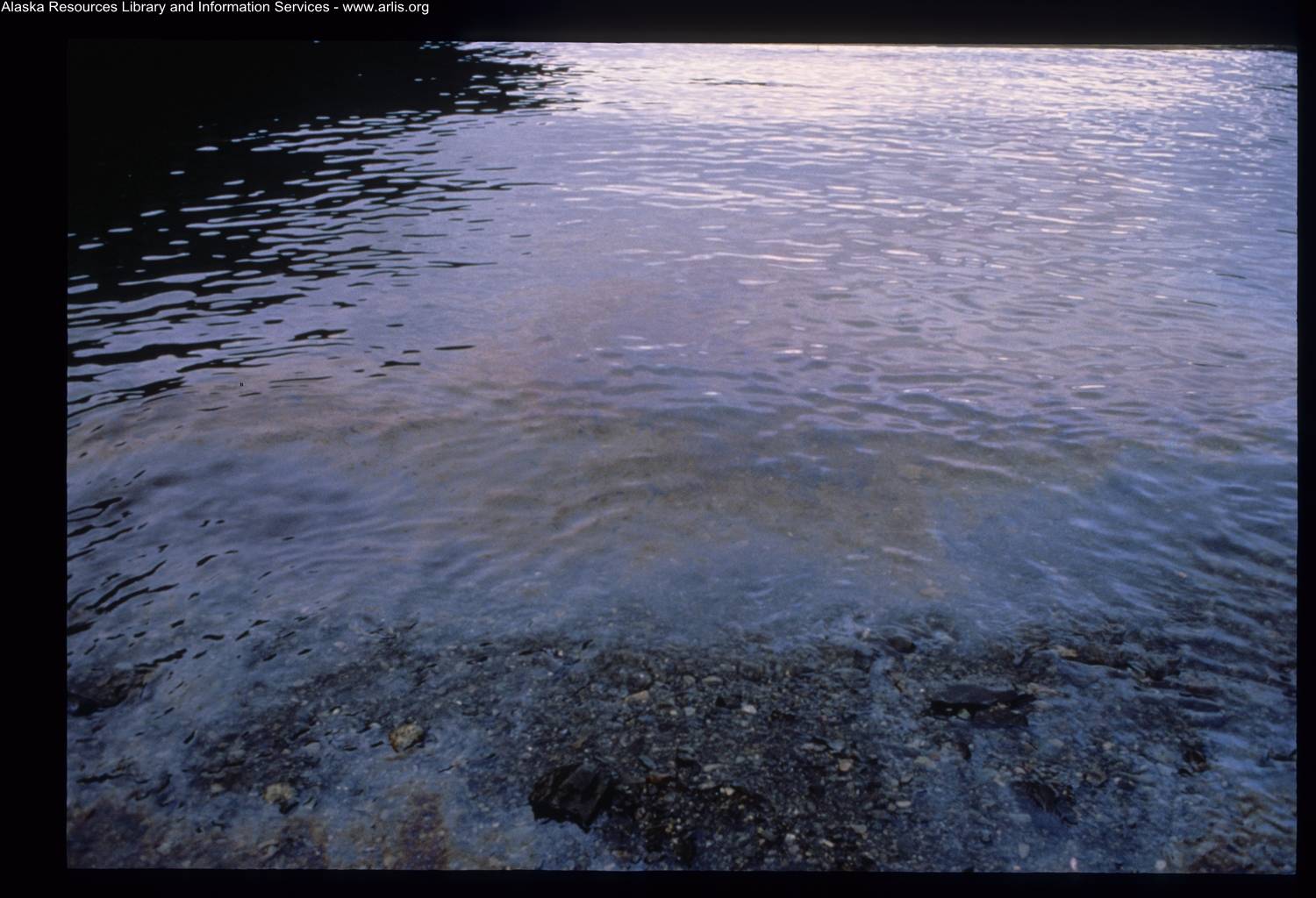Virtually everyone agrees with the need for the Exxon Valdez Oil Spill Restoration program to continue until the job is done. But the Restoration program cannot, as some continue to propose, simply be transferred from the government to a private community development foundation that has absolutely no experience in environmental restoration, and that would not be publicly accountable. Government is mandated by statute and the court-approved consent decrees to carry out the spill Restoration program, just as it has since 1991.
Importantly, at the most recent state/federal EVOS Trustee Council meeting on Oct. 14, both the U.S. Department of Justice and Alaska Department of Law presented their legal conclusion that such a transfer, as proposed by the Rasmuson Foundation’s “EVOS Think Tank” in 2018 and 2020, would clearly violate terms of the court-approved consent decree from which the spill Restoration funds derive. Based on that legal conclusion, the trustee council then unanimously declined the Rasmuson proposal once and for all, without a single vote in favor, reaffirming that the government spill Restoration program will continue. That was the right decision.
Going forward, the public now has an opportunity to weigh in on how the Restoration program is managed. The trustee council has proposed four draft resolutions to change the process, and issued a solicitation for public comment open until Dec. 16.
Resolutions A and B would shift the Restoration process from an annual to a 10-year cycle, and would virtually eliminate public engagement and continuous scientific review of the Restoration process. Resolution C would combine the habitat and research accounts, with the clear aim of eliminating further funding for large-scale habitat protection. Many long-time observers of EVOS Restoration feel Resolutions A, B and C should be declined.
However, Resolution D will simply permit the government trustees to conduct restoration projects where they deem them to be most ecologically effective and supportive of their restoration goals, such as the Copper River/Bering River ecosystem east of Cordova, unencumbered by the arbitrary, unscientific spill boundary drawn a quarter of a century ago. Many feel Resolution D should be adopted.
Finally, while some politicians seem tired of EVOS in general, as they say: “It ain’t over ‘til it’s over, and it ain’t over.” Today, several marine populations and resource services injured by the spill have yet to recover, and some are not recovering at all.
The long-term environmental, economic, and social impact of one wrong turn of an oil tanker over 30 years ago is something we should all carefully weigh when considering the significant spill risk from the proposed Alberta-to-Alaska Railway, that would export up to 2 million barrels per day of heavy Alberta tar sands oil from Alaska via tanker from the Port of Anchorage. These tankers, loaded with heavy tar sands oil, would sail southwest from Anchorage through Cook Inlet, past Kodiak, and along the Aleutian Islands and southern Bering Sea to Asia. Is that really a risk we want to take?
Regardless, the government EVOS Restoration program must continue until the job is done.
Rick Steiner is a marine conservation biologist in Anchorage, and was a marine professor with the University of Alaska from 1980-2010, stationed in Kotzebue, Cordova and Anchorage.

